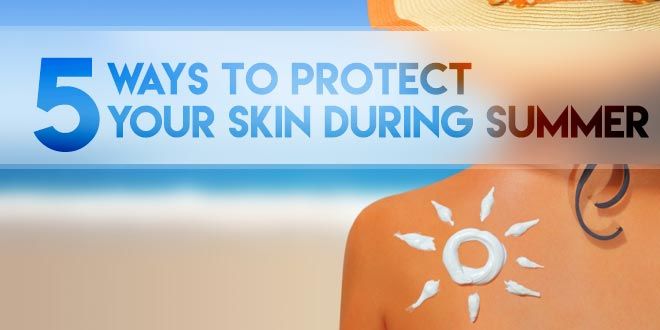The Sun
Sunlight, warmth, and vacation are among the greatest things that summer brings along. There is nothing more beautiful than glowing, healthy, sun-colored skin. It is strange and yet true that the sun is more like what ancient Greek called a “pharmakon”, something that can act both as a cure and poison, something that can either heal or damage.
Sun exposure is essential for the proper functioning of our bodies, for various reasons. First of all, as far as our skin uses sunlight to enact the vitamin D synthesis: this is almost exclusively our only way of procuring this vitamin playing a vital role in bone formation and assimilating minerals like iron, calcium, magnesium, etc.
The sun is a natural and powerful disinfectant that eliminates bacteria, germs, and fungi and can be of great help in the treatment of many unpleasant skin problems like acne, psoriasis, and eczema. It also plays an important part in lowering blood pressure and increasing the amount of oxygen in our veins, not to mention its significant effects in curing depression. It is a known fact that people in the Nordic areas, where half of the year is dark, suffer from depression a lot more than people who enjoy the sun for several months during the year. [1]
On the other hand, the sun can damage our skin badly, with irreversible effects – from wrinkles and premature aging to skin cancer caused by overexposure to the UV radiation present in the sun rays. Normally, ultraviolet rays would have a deadly effect on living beings if it wasn’t for the Earth’s atmosphere which functions as a natural barrier absorbing and filtering the radiation. Nonetheless, our skin has its way of protecting itself against ultraviolet radiation as well; its cells in the upper layer contain a substance called melanin which is the natural pigment determining our skin color.
The longer the sun exposure, the more melanin our skin produces, causing the darkening nuance we associate with suntanning. The quantity of melanin our skin produces is genetically determined and can vary from one ethnic group to another, and even from person to person. Naturally, people with little melanin synthesis in their bodies will be more exposed to sunburn. However, given the industrial pollution growing every day at alarming rates, plus the menacing global warming, the ozone layer in the atmosphere becomes more and more narrow reducing its natural capacity of ultraviolet absorption. This means we are more exposed than ever to the sun’s adverse effects and, besides common sense things like not sitting in the sun at peak hours, we must pay extra attention to protecting our skin.
Sunscreen Protection
Use sunscreen even when you are not at the beach and choose your sunblock cream, oil, or spray wisely, as many such products contain chemicals that are unhealthy and have side effects you never thought about. Opt for organic and chemical-free sunscreens, with no fragrance, no parabens, and especially avobenzone and oxybenzone free. Recent studies have shown that these two powerful UV-absorbing components, very common in sunscreens, may degrade in contact with the sun releasing free radicals and increasing melanoma risks (skin cancer). [2]
Always protect your sensitive skin areas
During summer make sure you keep a light scarf, sunglasses, and a sun hat at hand when going out on a torrid day. Opt for light-colored and comfortable clothing that gives your skin a chance to breathe. Pick cotton and hemp fabric for your summer outfits and avoid lycra, elastane, spandex, and any other synthetic fibers as much as possible.
Drink water even when you don’t feel thirsty
You probably heard this a thousand times before, but this is highly important for your skin health. If you drink only when you feel thirst, it means you have already been dehydrated. Water is essential in maintaining your skin elasticity and gives its natural healthy glow. Drink as often as you can freshly make juices for a significant vitamin input your skin could only benefit from.
Use organic oils and butter to nourish your skin on a daily basis
Your skin is the largest organ of your body and the most exposed to external damaging factors, especially in the summertime, when the combination of dust, sun warmth, pollution, and the wind is fatal to the skin’s health and beauty, making it dry and crusty. Right after your shower or bath, take the necessary time to offer a royal treatment to your skin: cover it with essential oils and butter – you have hundreds of options that work wonders if regularly used (olive, almond, coconut and argan oil, cocoa and shea butter, etc.).
Eat season fruits and vegetables
A great thing about summer, especially in the four seasons climate countries, is the fact that you can find a large variety of fresh fruits and vegetables that are either hard to find or very expensive in other seasons. Summertime is the best time for adopting healthy diets based 90 percent on fresh fruit and veggies, naturally grown and newly harvested. You are what you eat after all, and this is particularly true as far as your skin is concerned. Instead of spending fortunes on skincare products, try to protect your skin from inside out offering it essential nutrients through healthy diets based on the best seasonal offerings. [3]
References

